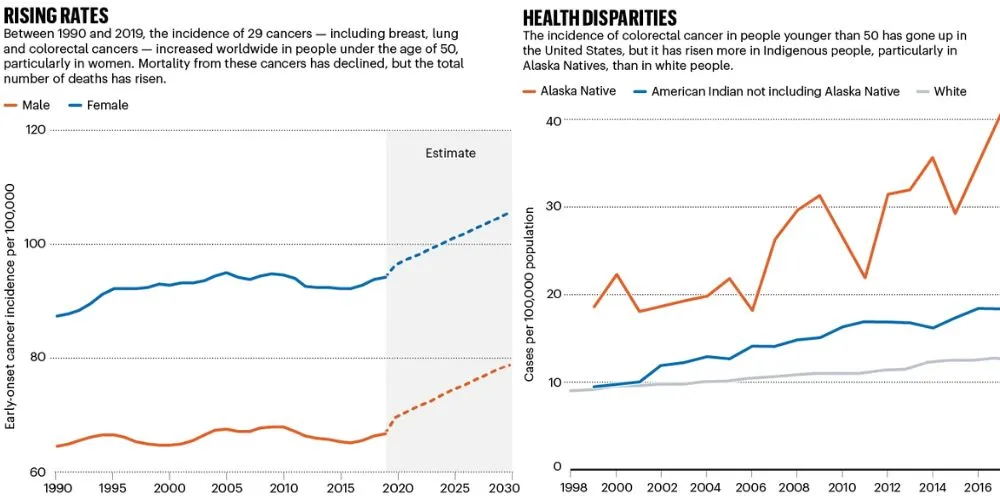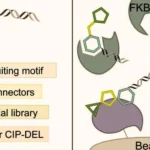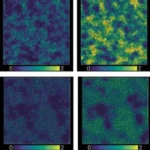Key Points:
- Rising rates of early-onset cancer, particularly in the digestive system, pose a global health challenge.
- Efforts to identify causes include exploring genetic factors, environmental exposures, and prenatal influences.
- Improved screening guidelines and awareness campaigns aim to address the trend, but barriers to screening remain.
- Urgent action is needed to establish comprehensive databases and gather essential data to combat rising rates effectively.
Oncologists Cathy Eng and George Barreto have observed a concerning trend in their patients: an increasing number of young individuals diagnosed with cancers typically associated with older adults. Eng, an oncologist at Vanderbilt University Medical Center, encountered a 16-year-old with gastrointestinal cancer, while Barreto, a surgeon now at Flinders University, witnessed friends and family members developing unexpected forms of cancer.
Their experiences reflect a global reality: statistics worldwide reveal a surge in the rates of more than a dozen cancers among adults under 50. Colorectal cancer, usually affecting individuals in their mid-60s or older, has become a leading cause of cancer death among young adults in the United States. Despite efforts to pinpoint the causes, factors such as rising obesity rates and increased early cancer screening do not fully explain the trend. Researchers are exploring the role of the gut microbiome and genetic factors, but the answers remain elusive.
This rise in early-onset cancers, particularly affecting the digestive system, has prompted calls for improved screening and awareness. High-profile cases, like the death of actor Chadwick Boseman from colon cancer at 43, have heightened public attention. In response, guidelines for colorectal cancer screening have been revised, advocating for screening to begin at age 45 instead of 50.
Efforts in Alaska to encourage earlier screening have seen progress, but barriers such as geographical isolation persist. In communities like those served by the Alaska Native Tribal Health Consortium, screening rates have increased, but mortality from colorectal cancer among young Alaska Native individuals continues to rise.
Research into the causes of early-onset cancer involves investigating genetic factors, environmental exposures, and prenatal influences. Studies spanning decades and international collaborations are essential to gather sufficient data. Some initiatives, like a project examining environmental exposures in the United States, Mexico, and Europe, aim to uncover contributing factors.
The experiences of cancer patients underscore the importance of holistic care. For young adults diagnosed with cancer, concerns about fertility, employment, and long-term side effects of treatment are paramount. Advocacy groups are working to empower patients with information and support, ensuring they receive comprehensive care tailored to their needs.
While progress has been made in understanding and addressing early-onset cancer, research gaps persist. Barreto emphasizes the urgency of establishing comprehensive databases to capture vital information. Without concerted efforts to gather data, the global community risks effectively failing to combat this concerning trend.












